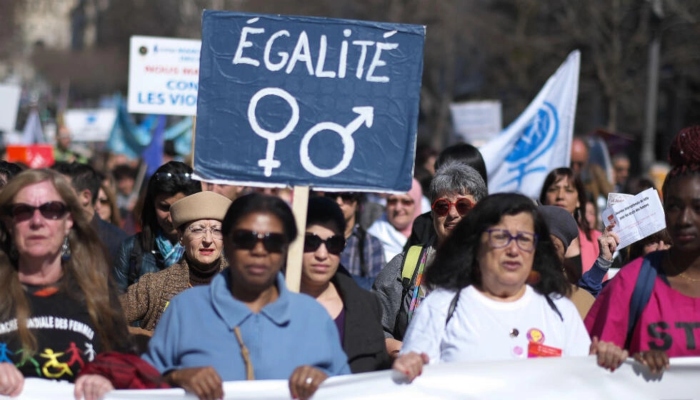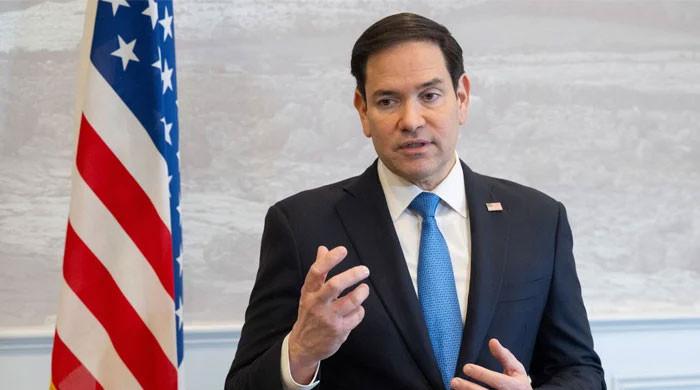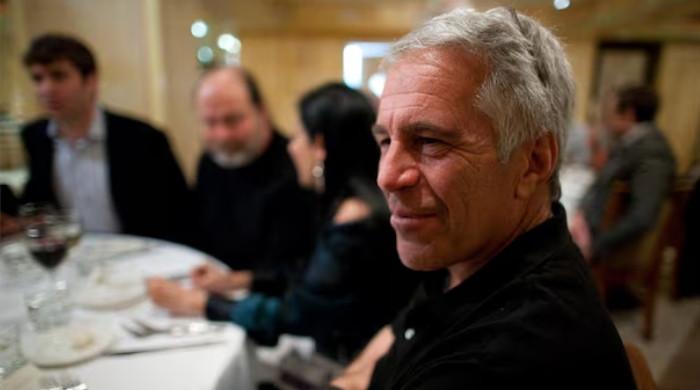International Equal Pay Day: What does it mean to you and why care about it?
It's International Equal Pay Day... let's celebrate by exploring ways to improve the workplace for every gender
September 18, 2023

Achieving pay equity is not just a matter of justice; it's also essential for economic growth and social progress making it important to promote transparent salary structures, challenge stereotypes, and advocate for policies that ensure equal pay for equal work.
The International Equal Pay Day, observed annually on September 18th, is a crucial reminder of the ongoing battle for gender equality in the workplace and underscores the persistent wage gap between men and women, highlighting the need for fair compensation regardless of gender.
The global gender pay gap is 20%, with women earning 77 cents for every dollar a man makes and an even wider gap for women with children. The UN estimates only 28% of working women are entitled to paid maternity leave.
These inequalities are a result of historical and structural unequal power relations between men and women, and the UN estimates it will take 131 years to achieve gender equality.
According to Women's Agenda, Simone Clarke, the CEO of UN Women Australia, said the gender pay gap is a global issue, and women and girls around the world are held back by poverty and inequalities, stopping them from accessing the same opportunities as men.
“Progress on narrowing the gender pay gap is slow,” she said. “While equal pay for men and women has been widely endorsed, applying it in practice has been difficult.”
A UN Conference on Trade and Development (UNCTAD) report highlighted the potential of MNCs to promote gender equality, especially in developing countries, through their policies and practices.
For instance, in Brazil, gender-equal policies in the transportation and communications industries reduced the gender pay gap by 20%.
The World Economic Forum's 2020 study found that the gender wage gap is smaller in developed countries but larger in developing ones.
As a result, the researchers suggest more attention should be given to MNCs' gender policies in these regions.
Clarke said multinational corporations (MNCs) should commit to closing the gender pay gap that exists in all regions of the world.
“We need to see a comprehensive approach to this in all regions and we need a commitment at all levels of business to work on closing this gap," she said. “We can’t leave women behind.”
The UN's Women's Empowerment Principles aim to promote gender equality in the workplace, employment, and society by promoting women's leadership roles, promoting education and career advancement, and measuring and reporting progress in policies.
According to Clarke, measuring progress and transparency of company policies are key in applying the Principles and achieving gender pay parity in all industries and sectors of society, including MNCs.
The UN Women's Empowerment Principles have endorsed 8,363 MNCs, including Unilever, a producer of consumer goods with more than 400 brands in 190 nations.
Unilever was named an Employer of Choice for Gender Equality by the Australian Workplace Gender Equality Agency in 2017, due to its 54% female management team, including HR head Shruti Ganeriwala.
“I feel immensely proud to work for a company like Unilever that truly champions inclusion and uses its power to drive positive change in the society,” she told Women’s Agenda.
“For us, gender equity is about doing what’s right for our employees, meeting the needs of the modern workforce, and laying the foundations for a future-fit business.”









